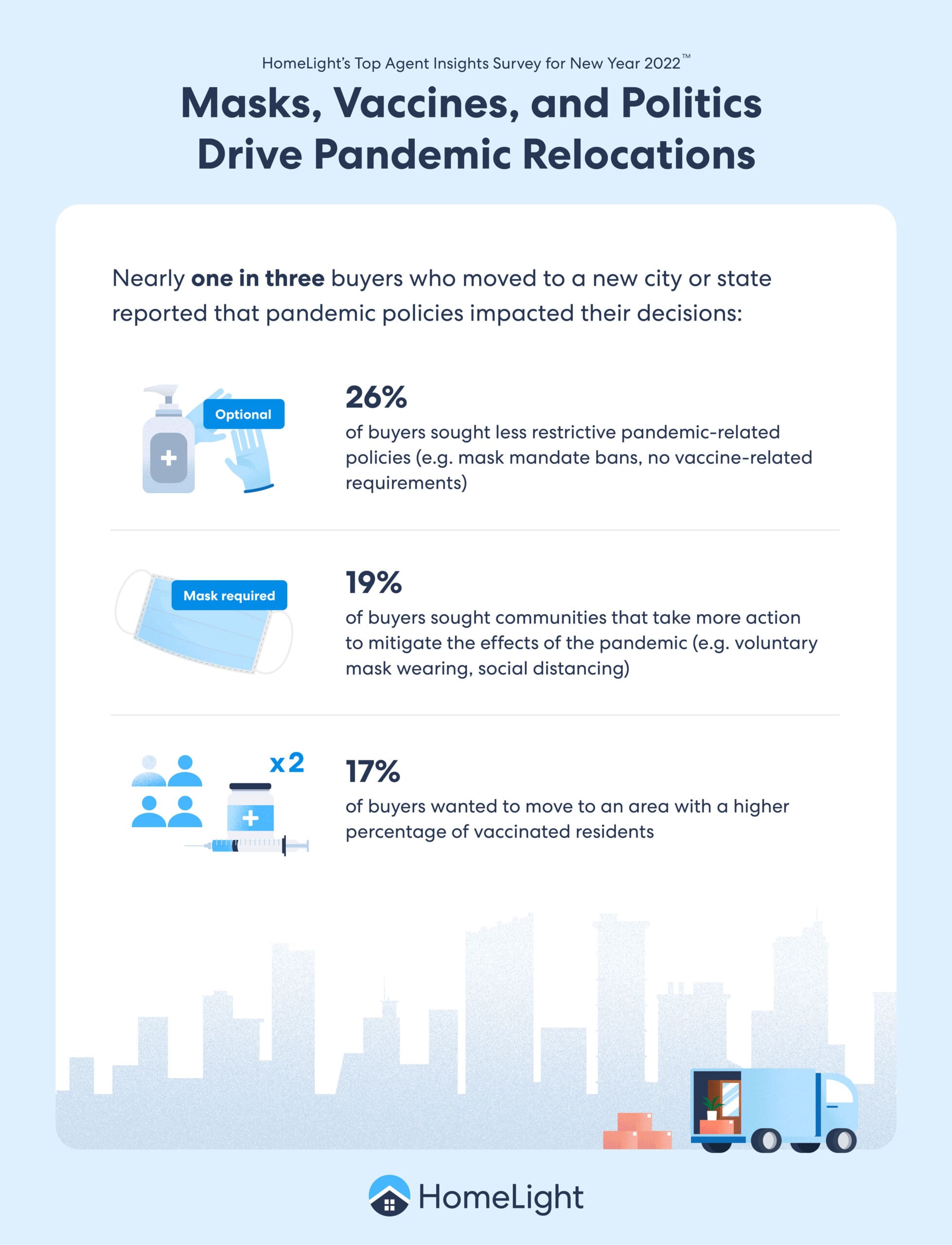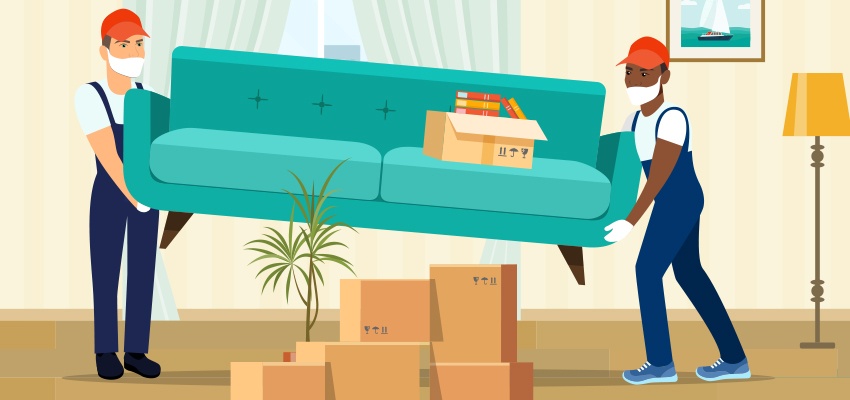When you’re moving home during the coronavirus outbreak, you’ll need to consider a number of factors. While it’s best to stay at home, it’s important to keep moving plans flexible. Consider moving to a friend’s house, a hotel, or temporary accommodation. If your symptoms are severe, you might even have to postpone your move. Listed below are some tips for avoiding moving during the coronavirus outbreak.
Move to a family member’s home
During the recent Coronavirus pandemic, millions of Americans have been forced to relocate. Many people are leaving unsafe communities, their college dorms, or housing they can’t afford. According to the Pew Research Center, 1 in 5 U.S. adults moved during the outbreak, resulting in a decrease of their home prices by about 25%. Other factors that prompted people to move during the epidemic include job loss or college campus closure.
During the current Coronavirus outbreak, a large number of Americans are relocating to a family member’s home. About two-thirds of 18 to 29-year-olds moved to a family member’s home due to the virus. Twenty-three percent moved because their college campus closed, while 18% relocated because they couldn’t afford to stay at their current location.
Move to temporary accommodation
If you’re looking for a new home during the coronavirus pandemic, you should consider moving to temporary housing. Although you’ll have to stay away from your fellow travelers and stay away from common surfaces, your temporary housing should provide you with adequate protection from the virus. Local and state government organizations will offer housing assistance to people who are affected by the virus. You can contact them for more information.
If you’re a healthcare worker returning from overseas, you might need to move to temporary housing. The temporary housing you’re offered may be short-term or long-term, depending on your needs. Consider your eligibility for alternative temporary housing for a group of people, as these arrangements may be more convenient for you. Your temporary accommodation is located near your workplace or hospital, so you’ll have a better chance of making it to work. Local transport arrangements may be made. In some cases, your Area Crisis Management Team may even help you get to work. If your request for temporary accommodation is approved, it’s reviewed by your line manager.
Move to a hotel room
It is important to stay safe while traveling, and it is especially important to move to a hotel room during a coronavirus outbreak. While a public place like a train station or a hotel lobby is less likely to spread the virus, it is still best to stay indoors. Because coronavirus spreads through airborne droplets, it is better to avoid crowded places where you may be in close contact with other people. The CDC recommends wearing a mask when in public places, and you should avoid close contact with anyone you meet.
Many hotels and resorts have already begun developing protocols to prevent the spread of the coronavirus. According to CNN Medical Analyst Dr. Leana Wen, people who have had all of their vaccines are much less likely to contract the coronavirus than those who have not. But the key question to ask yourself is: How many people do you encounter in a day? Are you interacting with people from another room?
Move to a temporary home
Moving to a temporary home during a coronavirus pandemic can be a hassle, but it’s not impossible. If you’re renting, there are options available. Ask your landlord about the availability of rental assistance. Many landlords use tenant screening reports to determine whether to rent to a prospective tenant and how much to charge for the security deposit. Local experts can also help you navigate the process of tenant screening.
Moving to a temporary home is a viable option if you’re dealing with the COVID-19 outbreak. However, it is important to understand what your options are during this time. While moving during a coronavirus outbreak may seem like a good idea in some cases, you’ll probably be better off cancelling your move altogether. To make sure your home is safe, consider taking some simple precautions and guidelines from the CDC. First of all, wash your hands often, and make sure you wipe down surfaces with a disinfectant. Second, wear protective gear.

Provided by homelight.com


Comments are closed.